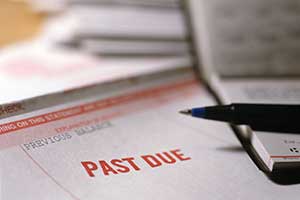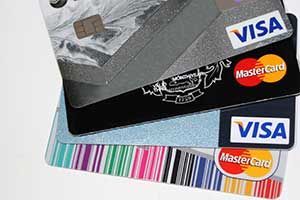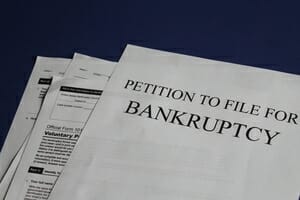
Ohio Consumer Debt Help: Partner with a Lawyer for Success
Overwhelming debt can cause problems in all areas of your life, from being less productive at work to having money arguments at home that can lead to family breakdown. Adding to the stress is the accompanying harassment by creditors and the fear of repossession of your property and foreclosure on your home. If you are struggling to meet your consumer debts, you are not alone. Overall household debt stood at more than $13 trillion at the end of 2017, according to the ... CONTINUE READING









